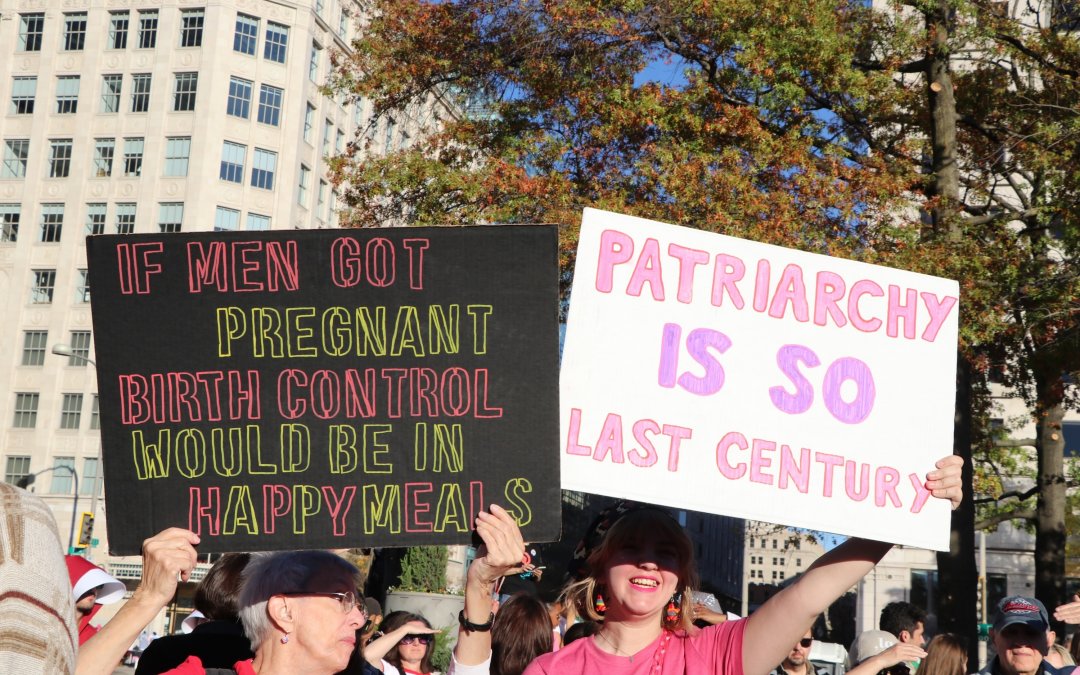WASHINGTON– Experts say the successful protection of abortion rights in seven states Tuesday shows reproductive rights are popular among voters. However, an interesting scenario in four states is raising questions about the issue.
Voters in Nevada, Arizona, Montana and Missouri voted for both state amendments to protect reproductive rights and former President Donald Trump, helping him win the 2024 presidential election.
The former President has taken credit for the fall of Roe v. Wade in 2022, removing federal protections for abortion rights. Trump nominated three justices to the Supreme Court, all of whom voted to overturn the 1973 decision in the case Dobbs vs. Jackson Women’s Health Organization.
The two outcomes represented a stark “dissonance” among voters, according to Melissa Goodman, Executive Director of the UCLA Center on Reproductive Health, Law and Policy. She said that voters simultaneously voted to protect and harm those rights.
“We have these overwhelming wins in ballot measures to protect abortion rights around the nation and a majority of voters obviously elected Donald Trump, which will unquestionably have extremely devastating consequences for reproductive health care access and gender equality in our country for the next four years,” Goodman said.
Exit polling shows abortion was not the most important thing on voters minds in the voting booth. According to a Washington Post report, 66% of voters felt the economy and “the state of democracy” were the most important issues. On abortion, polling found just 14% of voters had reproductive rights as their top issue.
Goodman contends that a big reason for the lesser concern and disconnected results was that Donald Trump effectively “obfuscated” his own views and policies on the issue. She points to the former president’s repeated commitment to leave things to the states and at times murky view on signing a national abortion ban.
“In these states where they had the ability to kind of express their views about abortion in the way of a state ballot measure, that was the way they expressed their feelings on that subject, and then possibly felt free to express their opinion on other topics in their candidate votes,” Goodman says.
Long-time Democratic party pollster Celinda Lake agrees. She said the state amendments “almost gave [voters] permission” to vote on their other concerns by making it “impossible for [politicians] to act further on the abortion issue.”
Lake said that Vice President Kamala Harris did a “brilliant job on the abortion issue,” and that her loss was not a failure in her messaging on reproductive rights. She said the results of the election and abortion amendments shows Harris fell short in her messaging about the economy, something Lake says is a long-time issue in Democratic platforms. But the issue in Lake’s eyes isn’t the quality of the policy, but trouble with getting the word out about them.
According to Lake, she found through focus groups that 60% of people don’t really know what Democrats stand for economically, and that lack of clarity may have impacted voters when deciding who to give the economic reins to for the next four years.
“We don’t have an economic brand, and we start out every campaign 20 points behind on the economy,” Lake says. “We have to step back and have an economic brand that works for working people.”
Goodman and Lake both said that pollsters, strategists and academics will have to work to find out what happened this election, and understand how abortion was outshone by other concerns.
But they agree the takeaway here should not be that abortion does not matter to voters.
“There remains extremely strong support for abortion rights throughout this country, despite the actual presidential election result,” Goodman said.

